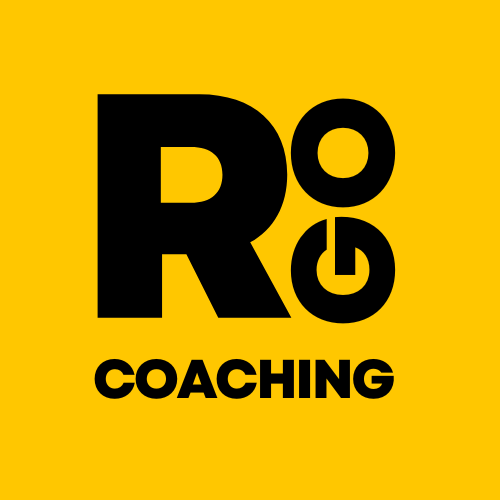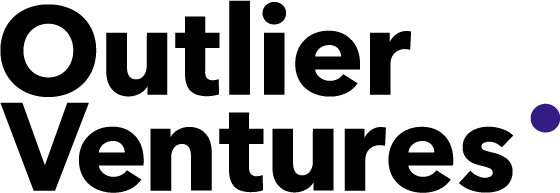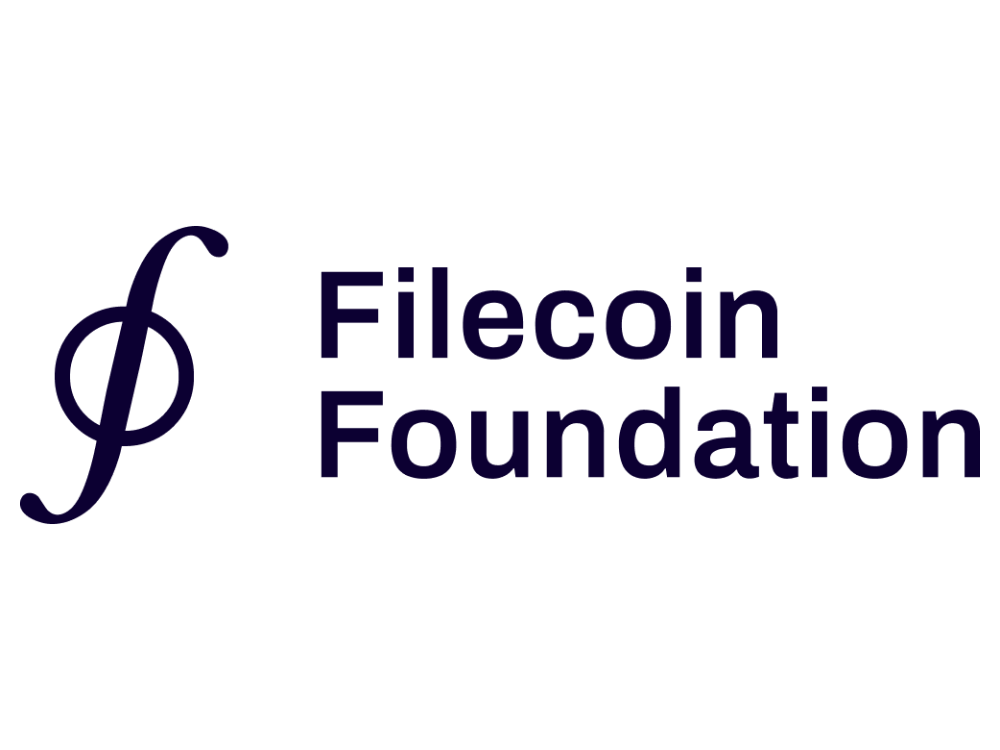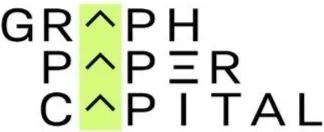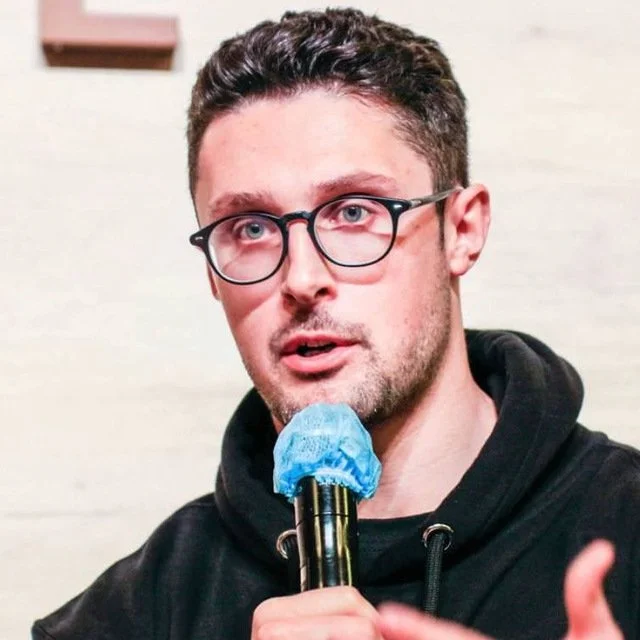Coaching builders to become founders
I help early-stage founders to develop and communicate their vision, raise their first round and hire a world-class team.
Hi! My name is Rich 👋
Hi! My name is Rich 👋
I’m a Founder Coach focusing on early-stage ventures. I’ve been working on both the operational & funding side of startups for 5+ years, before training as an executive coach and facilitator. I’ve worked alongside some of the leading accelerators, including Techstars, Tachyon, Outlier Ventures and more.
My aim is to create no bullshit spaces to help you face your toughest challenges.
-
Having values, a mission and vision gives your team a container to operate in. These not only give your business purpose but also resonate with customers, employees, and stakeholders.
A key part of coaching is to be more intentional with everything that you do; starting with what you really want to change in the world.
-
Pitches need regular feedback and fine-tuning, adapting to the macro landscape and investor trends. From building deal / data rooms to communicating a clear narrative and integrating projections, every founder needs a water tight pitch to get a deal over the line.
-
The most important thing in any business is its people. However, recruiting and retaining top talent has become increasingly difficult with remote work and access to global markets.
Discover how to create an authentic workplace culture that not only attracts top talent but also keeps them motivated and engaged for the long haul.
-
Show me how you run your meetings, and I’ll tell you what your company will become. Learning to become an effective facilitator is one of the most important skills a founder can learn, to ensure your discussions are more focused, productive, and goal-oriented.
-
We all know that we should measure what matters. But early in a venture, it’s key to think about the type of company that you really want to build to not get distracted by large clients or overly demanding users. Identify northstar metrics and make more informed decisions.
-
Building a real community of developers, users or followers requires an attention to detail that goes beyond the rational. Every founder needs space to reality check whether they are serving the community as a whole and building long-term growth potential, or cutting corners to boost short-term numbers.
-
Every founder — whether they care to admit or not — is unmistakably human. You probably spend more time with your co-founders than your spouse. When conflicts arise, it’s important to have an impartial perspective to mediate conflicts and foster effective communication. Company over ego!
You are the most important person to invest in for your venture.
My job is not to tell you how to run your company. You have mentors, advisors and investors for that.
My job is to be a trusted partner providing a space to:
Reflect on your business, leadership skills & team.
Experiment with ideas, roadmaps and decisions.
Build resilience and intentional decision-making.
I work with individuals & networks
Founders
Coaching pre-PMF builders and founders to define their vision, raise money and prioritise what needs to ship to grow.
Venture Funds
Helping portfolio companies as and when blockages or challenges arise and blind spots need to be worked through.
Ecosystems
Supporting Foundations to ensure hackathon winners and grantees are set on a path for success.
Supporting ventures backed by
“Rich has helped me gain clarity on some of our toughest business decisions and been key to help me through some rocky waters.”
Anthony Beaumont
Founder, Encode Club
“Rich helped me through some severe imposter syndrome! He always asked the tough questions at the right times, and enabled me to build resilience and deep confidence in how I lead.”
Juliette Chevalier
Founder, Surge Women
Book a free introductory session
The first 30 mins is on the house! The aim of is to define some of the key challenges you want to work on; and ensure I am the right person to help you!
Dive a bit deeper
Coaching 101
-
Coaching is a collaborative, non-directive conversation that brings about future change through inquiry, reflection, choice and new behaviour.
Sounds great, but it’s quite a mouthful! Let’s unpack some of the assumptions behind the key words:
Collaborative - the coach and client work together side-by-side, not hierarchically, to understand the client’s challenges and dive deeper into desired outcomes.
Non-directive - the coach does not give any suggestions or advice, as it’s always assumed that the client holds the answers to their challenges and is the agent of change.
Future change - the client’s focus is primarily to present challenges and desired future outcomes, only touching upon the past to help give context to assumptions, values and expectations - the client must be prepared to dig deep and question their own narratives, challenges and outcomes, with the coach guiding the conversation.
New behaviour - the client’s future actions.
Simple, right? Well, no! As I’m sure you know, we are fairly complex beings. Knowing what you really want is not something that comes over night. It requires weeks, months, years of introspection. And that’s where the different levels of coaching come in handy.
-
Short answer: because starting a venture is bloody hard! It requires a huge amount of emotional and physical resources to build a venture, whilst staying sane and maintaining healthy relationships. You owe it to yourself to create space where you can vent, strategise and be your true self.
The aim of executive coaching is to drive performance, development and transformational change by cultivating:
1. Awareness - of your own belief systems, perspectives, and mindset; and how that shows up in relationships with others in your immediate environment, and the world at large.
2. Responsibility - bringing clarity to your sphere of influence, owning key challenges and executing with confidence and passion.
3. Authenticity - integrating the different aspects of your personality to live daily with self-expression, integrity and coherence in your thought, speech and actions.
-
Coaching can operate on different levels:
1. Performance - main intention is to help the client towards agreed outcomes and to achieve this more efficiently and effectively than if the client didn’t work with the coach.
2. Developmental - broadens the coaching to explore what learning the client takes from the coaching and the change that takes place.
3. Transformative - helping the client explore the underlying assumptions, beliefs, values, expectations, personal attitudes that shape their experience of themselves, their world and other people.
Many people believe that they come with a performance challenge, but often discover that the outcome they want lies in deeper change. The willingness to be open and explore is key.
In a client and coach relationship, we may operate on all three different levels in the same or different sessions. Sometimes you may need a day-by-day action plan. At other times, you may need to return to the core beliefs that guide your actions. The key thing is that you are prepared psychologically to go to all three levels.
-
Coaching as a practice can often be confused with other modes of change management. It’s very important to understand the difference between each one and make the assessment as to where you are at. Here are some differences between each:
Coaching - Expert in coaching methods; Non-directive & non-advisory; Future-oriented & prospective; Any issue the client faces; Paid and formal; Creating new ambitious future
Mentoring - Expert in specific field; Non-directive but advisory; Future-oriented & prospective; Specific issue in a specific field; Unpaid and informal; Learning from a field expert
Therapy - Expert in therapeutic methods; Partially directive & advisory; Past-oriented / retrospective; Issues focused on trauma & pain; Paid and formal; Helping you heal your past
-
Harry Frankfurt in his wonderful essay On Bullshit (1986) defined a bullshitter as someone who “pays no attention to the truth”. They can be differentiated from the liar, who knows the truth, but actively tries to deceive you.
Every Founder has to sell their vision. But an audience can quickly tell who really believes in what they are selling and who is bullshitting.
My aim is always to create a curious space, where people are safe enough to be vulnerable; but are brave enough to experiment and challenge, knowing that they will not be judged.
Our Sessions
-
A regular session lasts between 60 - 90 minutes, dependent on your needs. Early on in the coaching relationship, I recommend we stick to longer sessions to cover more ground.
Every session will be different and you can bring in different issues if you please. We will start on the hour and I will keep the time to ensure we don’t overrun.
-
Yes, all sessions will remain confidential apart from in the two following instances:
1. Legal duty - the confidential nature of the relationship between coach and client is not regulated. This means the coach may be obligated to produce information and records if requested by a Court of Law.
2. Duty of care - in extreme cases, if it is deemed by the coach that the client potentially harm themselves or others, the necessary authorities will be contacted.
Any notes or transcripts can be deleted at your request if you wish to discontinue in line with GDPR.
-
This depends on the size of the challenge(s) that you want to tackle; and the nature of the challenges: about you or your business.
For instance, you can opt in to being an ongoing client for 1 session per month for 12 months; or look to work through a key business problem with 4 sessions back to back over 2 months.
-
To get the most out of each session, it’s best to write down topics that you might want to bring to the space for each. Keeping a journal digitally or physically ensures that you are on track.
-
As every Founder has different needs, I can be flexible for the duration of a fixed agreement. This agreement is decided after our introductory session.
Each of the below models forms the basis of a retainer, which has a minimum threshold of $300/month. The retainer is then transferred into redeemable contact time. Any sessions beyond will then be charged on top.
(1) Basic - $150 per 60 minutes, limited access in between sessions. No minimum number of sessions per month.
(2) Committed - $200 per 60 minutes, communication via Telegram or Whatsapp for quick responses.
(3) Brainstorm - $300 per 60 minutes, regular communication, with worksheets and templates where necessary.
